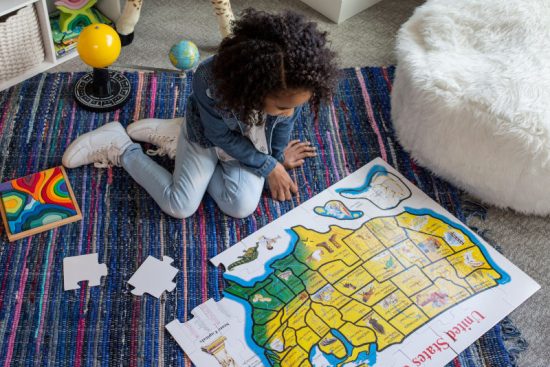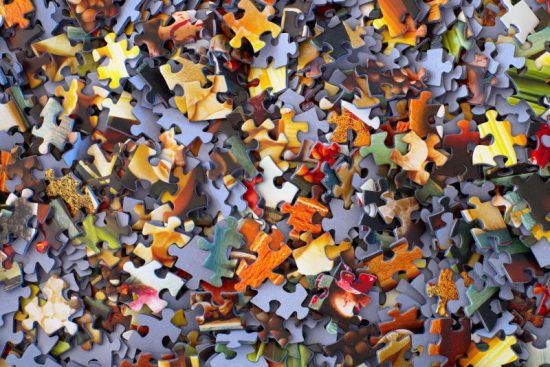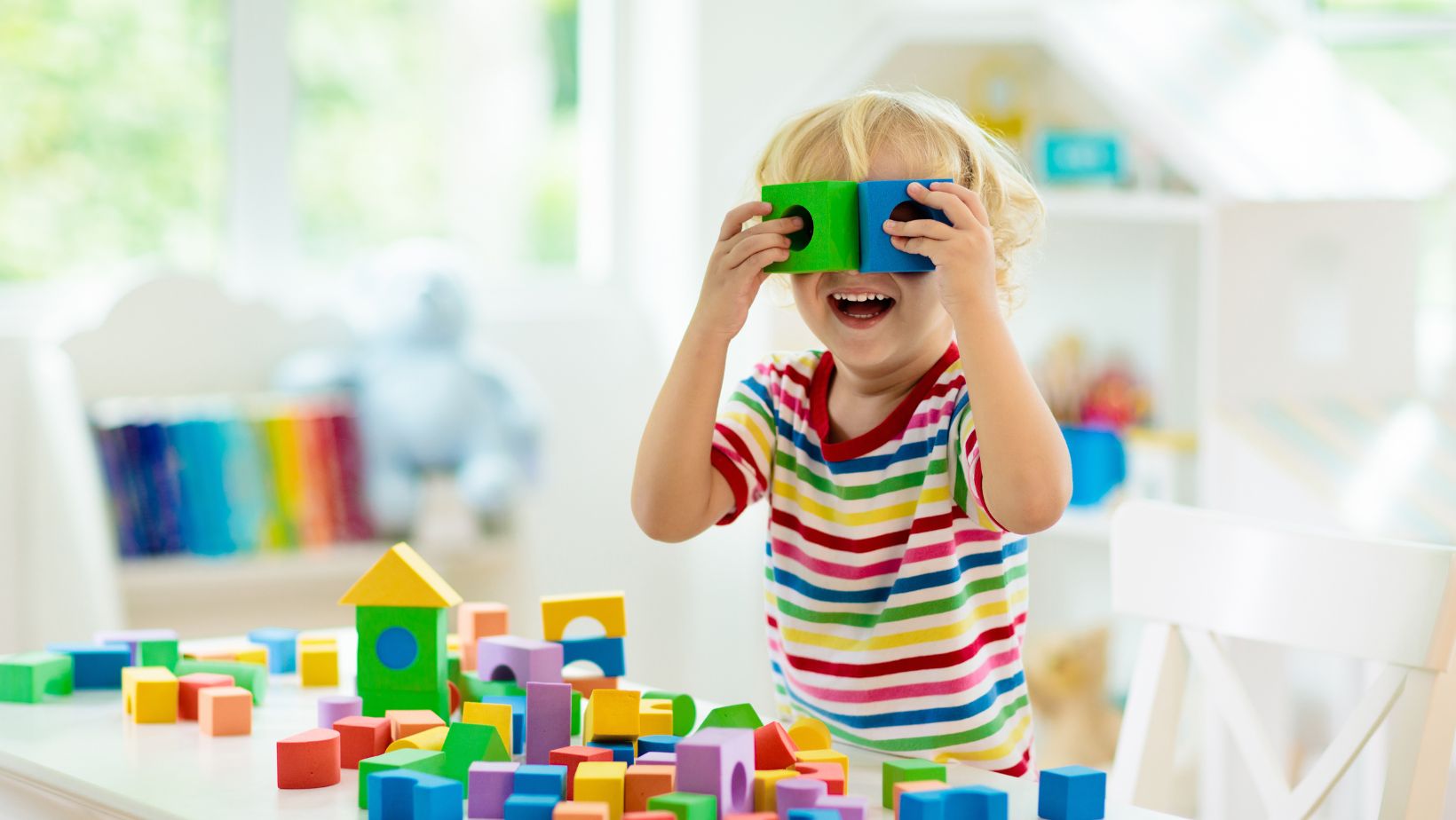
Choosing the right toys for kids with Down syndrome can make a world of difference in their development and happiness. These children often benefit from toys that enhance their fine motor skills, sensory experiences, and social interactions. It’s essential to find toys that are not only fun but also support their unique learning needs.
Many parents and caregivers may feel overwhelmed by the plethora of options available. However, understanding the specific benefits of certain toys can help in making informed decisions.
Toys For Kids With Down Syndrome
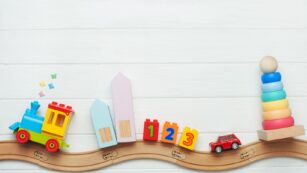 Children with Down syndrome benefit from toys that cater to their unique developmental needs. These toys enhance motor skills, sensory experiences, and social interactions.
Children with Down syndrome benefit from toys that cater to their unique developmental needs. These toys enhance motor skills, sensory experiences, and social interactions.
Play helps children with Down syndrome develop critical cognitive, motor, and social skills. Through play, they learn to navigate their environment and interact with others effectively. Toys that promote problem-solving, coordination, and communication are essential in this context.
Challenges in Play for Kids With Down Syndrome
Children with Down syndrome may face challenges in fine motor skills, sensory processing, and social interactions during play. Selecting toys that address these challenges enhances their play experience. For example, toys with larger pieces help improve fine motor skills, while sensory toys like textured balls support sensory processing. Social interaction can be encouraged through group play games and interactive toys designed for cooperative play.
Recommended Types of Toys for Kids With Down Syndrome
Selecting the right toys can significantly enhance the development of kids with Down syndrome. Below are categories of recommended toys.
Sensory Toys
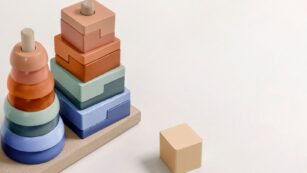 Sensory toys stimulate different senses. Textured balls, for example, help children explore tactile differences. Sensory mats that make noise or light up when pressed can engage auditory and visual senses. Water play toys, such as floating rubber ducks or water squirters, offer soothing play experiences.
Sensory toys stimulate different senses. Textured balls, for example, help children explore tactile differences. Sensory mats that make noise or light up when pressed can engage auditory and visual senses. Water play toys, such as floating rubber ducks or water squirters, offer soothing play experiences.
Educational toys promote learning in fun ways. Puzzles with large pieces improve problem-solving skills. Flashcards with images and words support language development. Building blocks like LEGO DUPLO introduce basic math concepts such as counting and shapes.
Physical Activity Toys
Physical activity toys encourage movement and coordination. Ride-on toys, such as tricycles and balance bikes, develop gross motor skills. Soft playsets with climbable elements improve strength and balance. Jump ropes and hula hoops enhance coordination and cardiovascular fitness.
Safety Considerations When Choosing Toys
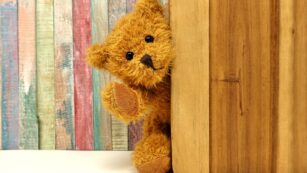 Ensure that toys for kids with Down syndrome are age-appropriate. Age recommendations guide the selection of toys to match the child’s developmental level and prevent hazards.
Ensure that toys for kids with Down syndrome are age-appropriate. Age recommendations guide the selection of toys to match the child’s developmental level and prevent hazards.
Look for non-toxic materials in toys certified by authorities such as ASTM International. Chewing and mouthing are common behaviors, so ensuring material safety is crucial.
Avoid small parts that can pose choking risks. Toys should be large enough to prevent ingestion.
Inspect toys for sturdy construction and durability. Weak or breakable toys can become safety hazards if parts detach.
Prioritize easy-to-clean toys. Hygiene is essential, especially for toys frequently handled or mouthed.
Choose toys without sharp edges or points. Smooth surfaces and rounded edges reduce the risk of injury.
Opt for toys that promote safe interaction. Group play and shared activities with toys should encourage positive social behaviors and cooperation without risks.
Verify battery compartments are secure. Battery exposure poses a risk; compartments need to be child-resistant yet accessible for adult operation.
Consider adaptable toys for different abilities. Toys with adjustable parts or multiple modes of use can be more inclusive and safer for varied skill levels.
Where to Buy Toys for Kids With Down Syndrome
Finding the right toys for children with Down syndrome is essential for their development. Many specialty stores and online retailers offer a wide range of toys designed to meet their unique needs. Websites like Amazon, Fat Brain Toys, and Melissa & Doug provide detailed descriptions and customer feedbacks to help you make informed choices. Local toy stores and educational supply shops also often carry suitable options. When shopping, always check for age-appropriateness and safety features to ensure a positive and enriching play experience. Investing in the right toys can make a significant difference in their growth and happiness.

